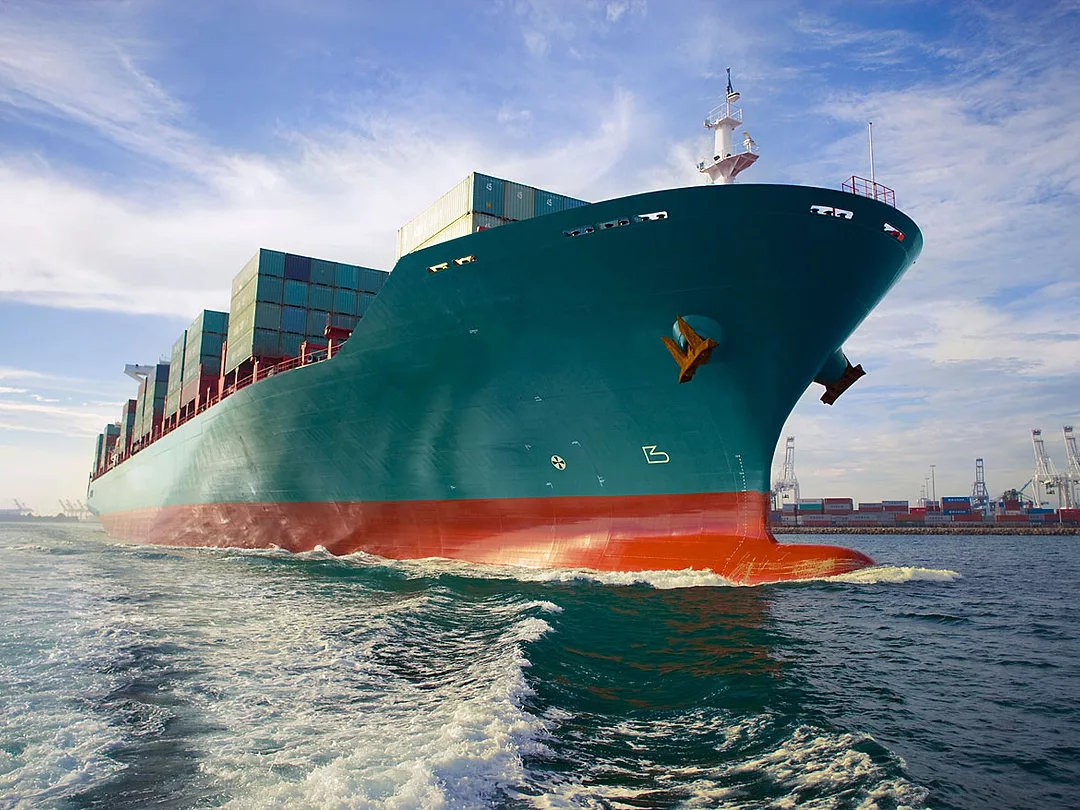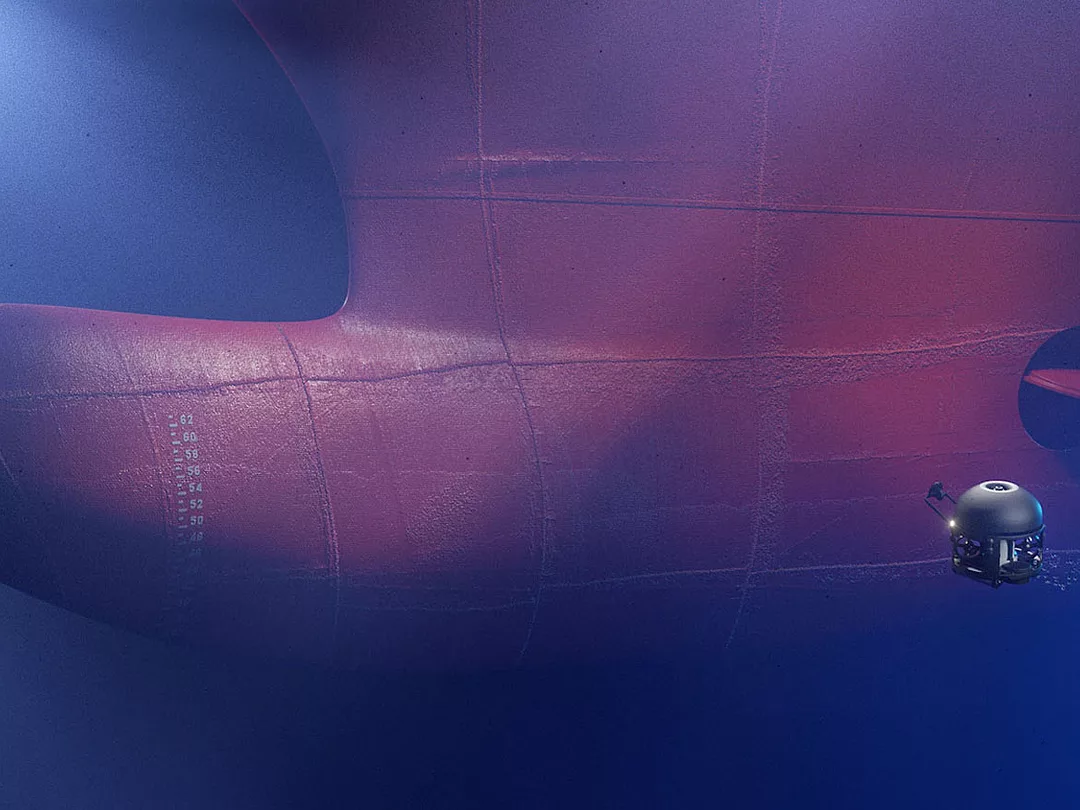Leading the Way in Supporting Marine Industry Decarbonization

Photos courtesy of AkzoNobel

Photos courtesy of AkzoNobel
Global shipping currently equates to 2.5% of all CO2 emissions, and as per the International Maritime Organization’s (IMO) carbon intensity rules, the industry needs to reduce its total emissions by 50% by the end of 2050.
A key buzzword in the industry for decades has been efficiency, and many vessel operators and ship owners are now putting more focus on this for the benefit of the marine industry as a whole.
Coatings have an important role to play in helping fleets become more efficient. Increased drag from bio-fouling on the underwater hull of a vessel has one of the biggest impacts on fuel consumption and CO2 emissions.
AkzoNobel’s marine coatings business has been at the forefront of innovation to support the industry’s decarbonization objectives, and has developed a number of solutions more recently that are helping to boost performance and sustainability that are dedicated to driving the industry toward a more sustainable future.
One of these solutions is its new service — the Carbon Intensity Indicator (CII) calculator. This is AkzoNobel’s unique tool that determines the overall efficiency of a vessel and predicts its carbon output, how it will be classified under the new IMO regulations and — crucially — what ship owners can do to improve their rating.
The tool is independently verified and has already gained positive feedback from customers for predicting the impact of coating choice on CII rating over the docking cycle and ensuring that it will be in compliance with the legislation that will start in January 2023.
It works by using AkzoNobel’s Intertrac® Vision tool, which uses the collective big data analysis from multiple points regarding vessel performance over a number of years, and the results it shows are calculations of what reductions are necessary for carbon output for a ship to improve its rating.
Selecting the right coating scheme will help a ship’s efficiency, such as AkzoNobel’s proven industry solution — Intercept® 8500 LPP — a next-generation, self-polishing silyl methacrylate, co-polymer anti-fouling coating.
Its unique formulation features an optimized biocide package that not only delivers a clean hull but also comes with a guaranteed speed loss of 1.5% over the docking cycle.
The product can also be used in conjunction with AkzoNobel’s Intertrac HullCare package, which can further reduce CO2 emissions and fuel consumption when the vessel is in service. Over 560 vessels have been coated with the product since launch, with a number of customers recoating their vessels with Intercept 8500 LPP after successful in-service performance for up to 60 months.
Another one of the company's innovations is Intertrac HullCare. It combines high-performance hull coating technology from AkzoNobel’s marine coatings’ International® range, cutting-edge ROV (remote operating vehicle) inspection, and big data performance monitoring with proven hull-cleaning techniques aligned with the BIMCO industry standard — resulting in the industry’s most environmentally sustainable hull management package to date.
Customers have the option to choose between a five- or 10-year scheme to help operators deliver maximum fleet efficiency. Over a 10-year period, Intertrac HullCare can help operators achieve step-change reductions in CO2 emissions of up to 34,000 tonnes and fuel savings of €4.6 million in comparison to a typical five-year fouling control system, by ensuring that smooth, clean hulls are maintained.
This has been developed in collaboration with customers to provide solutions that further their financial and sustainability performance, as well as that of the marine industry as a whole. The advanced remote inspection and cleaning technologies used have been created and tested in close collaboration with leading global equipment suppliers over the last five years.
Intertrac HullCare uses cleaning technology, with reclamation as standard. Some ports do not allow cleaning without reclamation, which means that any issues caused by high-cost onboard cleaning systems that don’t have reclamation as standard are avoided.
AkzoNobel’s marine solutions innovators and scientists are committed to being the driving force behind moving the industry into a more sustainable future, ensuring ship owners meet and exceed targets in carbon reduction.
Fleet and ship owners that are looking to track and improve their carbon output can book an appointment with AkzoNobel’s expert team to discuss the CII and HullCare in more detail.Looking for a reprint of this article?
From high-res PDFs to custom plaques, order your copy today!






